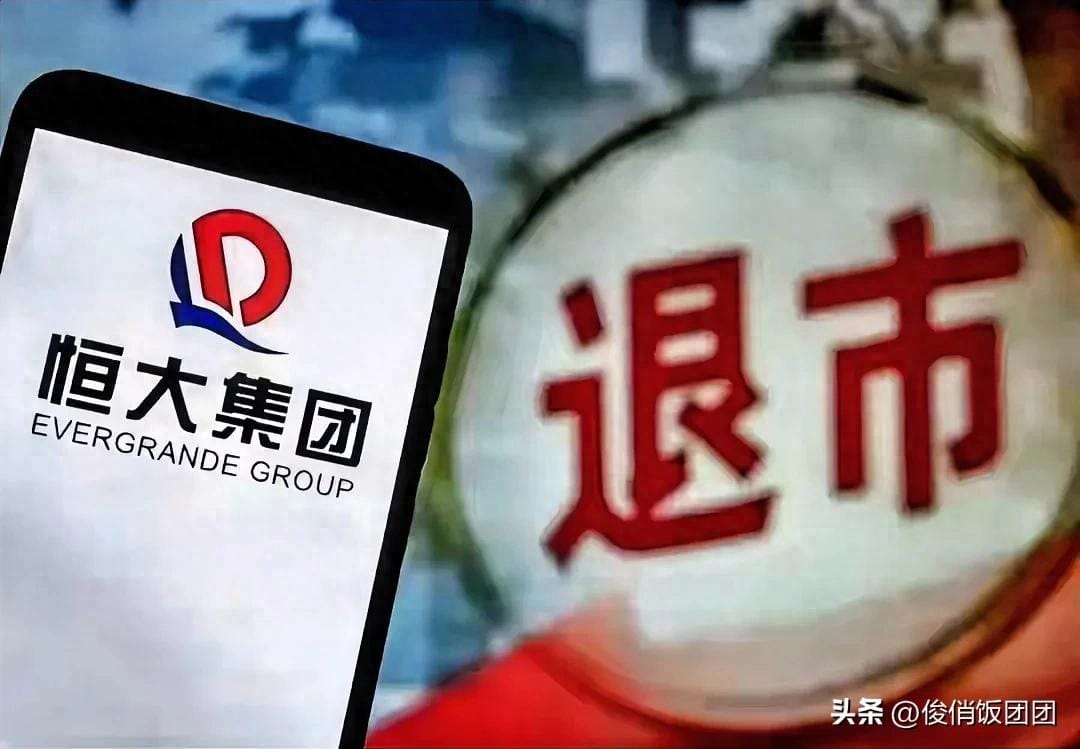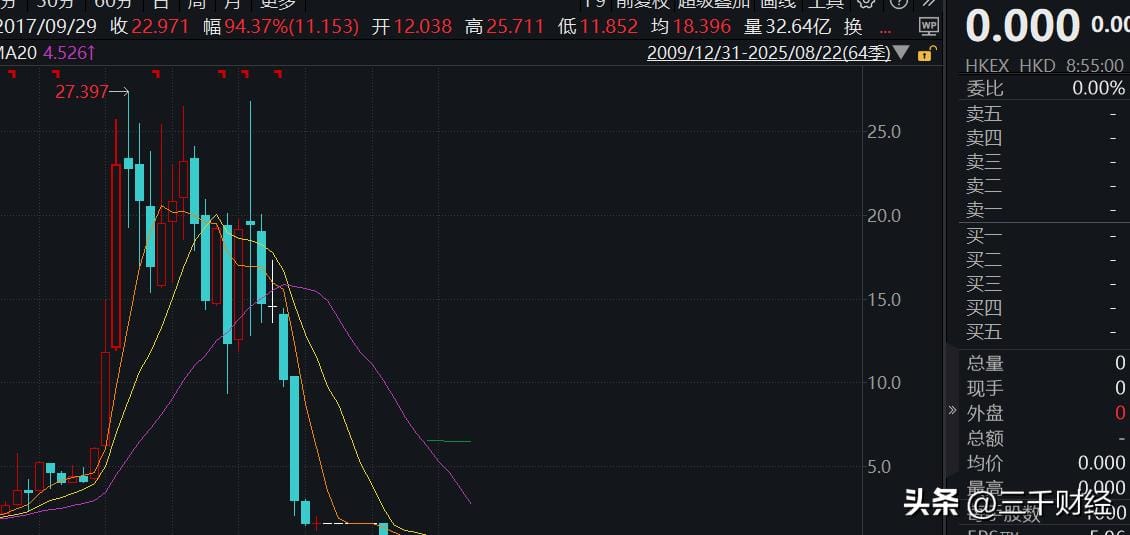China Evergrande Officially Delisted from Hong Kong Stock Exchange
China Evergrande’s official delisting from the Hong Kong Stock Exchange raises urgent questions about the future of China's real estate market and global financial stability.

@cmanews 中国恒大将于8月25日从港交所退市8月12日,中国恒大(03333.HK)公告,公司将于2025年8月25日取消上市地位。中国恒大集团公告,8月8日公司收到联交所发出的信函,表示基于公司未能满足联交所对其施加的复牌指引中的任何要求,且股份一直暂停买卖并未于7月28日之前恢复买卖,联交所的上市委员会根据相关上市规则已决定取消公司的上市地位。股份上市的最后一天为2025年8月22日,并将于2025年8月25日上午9时起取消股份上市地位。公司无意就上市委员会作出取消上市地位的决定申请复核。中国恒大表示,公司所有股东、投资者及潜在投资者应注意,于最后上市日期后,尽管股份的股票仍然有效,但股份将不会在联交所上市及不可于联交所买卖。此后,本公司将不再受上市规则规管。#EvergrandeGroup#HKEX#Bedelisted
♬ 原聲 - 中媒汇 - 中媒汇
What Led to Evergrande’s Delisting?
China Evergrande Group, once one of the largest property developers globally, has officially vanished from the Hong Kong Stock Exchange as of August 25th, 2025. This move caps off a long saga of financial struggles, debt defaults, and market uncertainty. The company announced that its shares would cease trading after August 22nd, with no plans to appeal or reverse the delisting.
For investors and the global market, this development raises important questions about the future of China's real estate sector, financial regulatory controls, and the ripple effects on international investors. The withdrawal of Evergrande is neither an isolated event nor a simple corporate delisting. It symbolizes deeper, systemic challenges lurking below the surface.

Implications for Investors and Markets
The delisting means Evergrande shares will no longer be publicly traded, essentially rendering current shareholders unable to easily liquidate their positions. This understandably triggers concern among investors regarding the recoverability of their investments.
Moreover, the event has sparked fears over how many other Chinese developers may face similar fates, potentially causing more volatility in global stock markets tied to China’s growth story. It also calls into question the robustness of financial regulations and transparency within emerging markets.

What Does This Mean for China's Economy?
Evergrande was once a symbol of China's rapid urban expansion and economic boom. Its collapse and delisting force us to confront the challenges facing the country’s real estate market, including high corporate debt levels, slowing economic growth, and stricter government scrutiny.
How will the government balance between economic stability and necessary market corrections? The Evergrande case shines a spotlight on the delicate dance between aggressive growth and sustainable financial health.
The Bigger Picture: Lessons Learned
This case serves as a warning to global investors and regulators alike. It emphasizes the importance of due diligence, the risks inherent in high-leverage companies, and the unpredictability of markets influenced by complex geopolitical and economic factors.
In short: Evergrande's delisting is not just a headline; it’s a cautionary tale about risk, regulation, and the evolving realities of global finance. 📉




